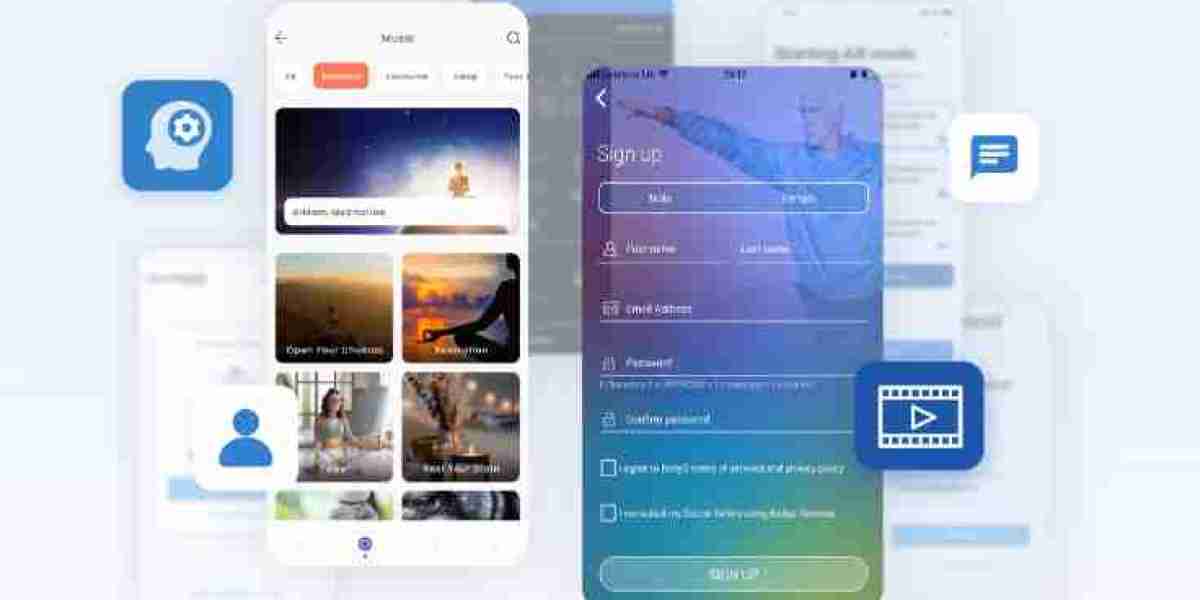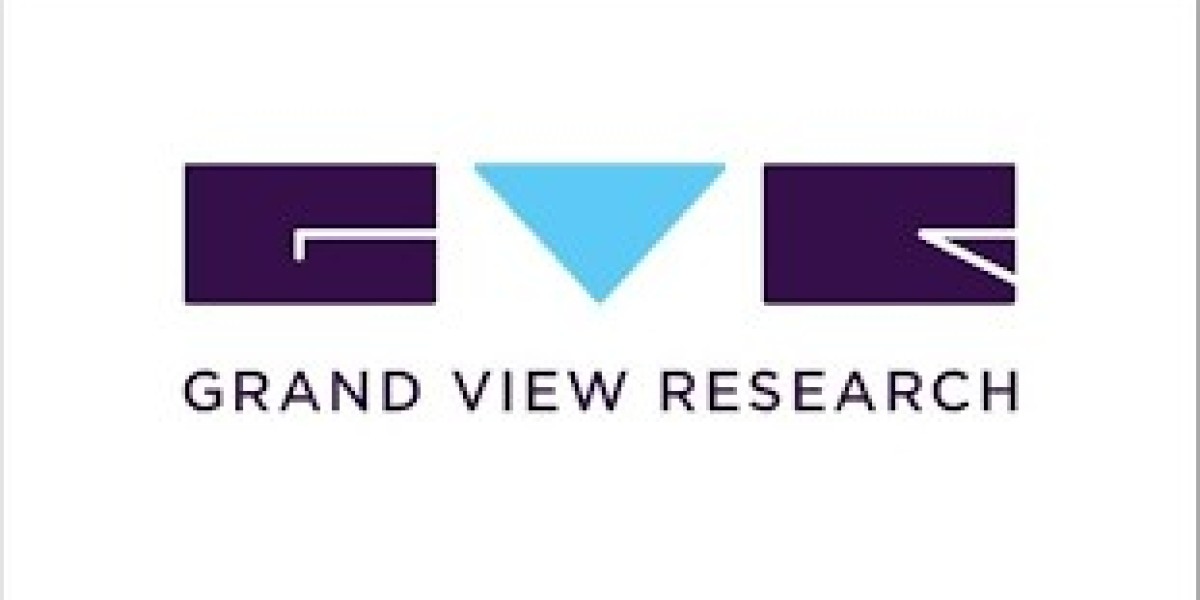One of the most significant advancements in this domain is the integration of real-time data into mental health apps. This technology has revolutionized how mental health is monitored, managed, and treated, leading to more personalized, timely, and effective care. This article explores the crucial role of real-time data in enhancing the effectiveness of mental health apps, including its benefits, challenges, and future potential.
Understanding Real-Time Data in Mental Health Apps
Real-time data refers to information that is collected, processed, and delivered almost instantaneously. In the context of mental health app development, this data can include a wide range of metrics such as mood tracking, physiological indicators (like heart rate or sleep patterns), and user interactions. This continuous flow of data enables apps to provide immediate feedback and interventions, which can be critical for managing mental health conditions.
Key Features of Real-Time Data in Mental Health Apps:
- Immediate Feedback: Users receive instant insights into their mental state, which helps in understanding patterns and triggers.
- Adaptive Interventions: The app can offer tailored recommendations based on real-time data, enhancing the relevance and effectiveness of interventions.
- Continuous Monitoring: Ongoing data collection allows for tracking progress and detecting changes in mental health over time.
The Impact of Real-Time Data on Mental Health App Effectiveness
1. Enhanced Personalization and Engagement
One of the primary benefits of real-time data is the ability to tailor mental health interventions to individual users. Traditional methods of mental health management often rely on periodic check-ins, which can miss critical changes in a person’s condition. Real-time data addresses this gap by providing ongoing insights into a user’s mental state.
For instance, a mental health app that tracks mood fluctuations throughout the day can identify patterns related to specific activities or times. This information allows the app to offer personalized recommendations, such as adjusting daily routines or suggesting coping strategies when certain triggers are detected. Personalized experiences not only improve user engagement but also make interventions more effective by addressing the unique needs of each individual.
2. Proactive Management and Early Intervention
Real-time data enables proactive management of mental health conditions by identifying early signs of distress or deterioration. For example, an app that monitors sleep patterns and heart rate may detect changes indicative of increased anxiety or depression before the user is consciously aware of them. By recognizing these early warning signs, the app can prompt users to take action, such as engaging in relaxation exercises or contacting a mental health professional.
This proactive approach is particularly valuable in preventing crises and reducing the severity of mental health issues. Early intervention can prevent the escalation of symptoms and improve overall outcomes, making real-time data a crucial component in effective mental health management.
3. Data-Driven Insights and Decision Making
The aggregation of real-time data provides valuable insights into mental health trends and patterns. This data can be used by healthcare providers to make more informed decisions about treatment plans and interventions. For example, data on how different therapeutic exercises impact a user’s mood can help therapists tailor their approach to better suit the individual’s needs.
Additionally, the data collected can contribute to broader research efforts in mental health, providing evidence-based insights that can lead to the development of new treatments and interventions. This data-driven approach not only enhances individual care but also contributes to the advancement of mental health knowledge and practices.
4. Improved User Experience and Satisfaction
Real-time data enhances the user experience by providing immediate feedback and support. Apps that leverage this technology can offer interactive features such as mood tracking dashboards, instant alerts, and personalized content. These features keep users engaged and motivated, making them more likely to consistently use the app and adhere to recommended practices.
Moreover, the ability to receive timely support and interventions helps users feel more in control of their mental health, leading to increased satisfaction and a sense of empowerment. This positive user experience is crucial for the sustained effectiveness of mental health apps.
Challenges and Considerations
While the integration of real-time data into mental health apps offers numerous benefits, it also presents several challenges and considerations:
1. Data Privacy and Security
The collection and storage of sensitive mental health data raise significant privacy and security concerns. Ensuring that user data is protected from unauthorized access and breaches is paramount. Mental health app developers must adhere to stringent data protection regulations and implement robust security measures to safeguard user information.
2. Data Accuracy and Reliability
The effectiveness of real-time data relies on the accuracy and reliability of the data being collected. Inaccurate or unreliable data can lead to incorrect insights and recommendations, potentially exacerbating mental health issues. It is essential for mental health apps to employ validated measurement tools and algorithms to ensure the accuracy of the data.
3. User Consent and Engagement
Obtaining informed consent from users regarding the collection and use of their data is crucial. Users should be fully aware of how their data will be used and have the option to opt out if desired. Additionally, maintaining user engagement and motivation to interact with the app regularly is necessary for the effectiveness of real-time data features.
4. Integration with Healthcare Systems
For real-time data to be truly effective, it needs to be integrated with broader healthcare systems. This integration allows for seamless communication between mental health apps and healthcare providers, ensuring that data is used effectively in treatment planning and decision making. Overcoming barriers to integration and ensuring compatibility with existing systems can be a complex challenge.
Future Directions and Potential
As technology continues to advance, the role of real-time data in mental health apps is expected to evolve and expand. Several potential developments could further enhance the effectiveness of these apps:
1. Advanced Analytics and AI Integration
The integration of advanced analytics and artificial intelligence (AI) could revolutionize the use of real-time data in mental health apps. AI algorithms can analyze vast amounts of data to identify patterns, predict outcomes, and provide personalized recommendations with greater precision. This could lead to more effective and targeted interventions, improving overall mental health outcomes.
2. Expanded Use of Wearable Technology
Wearable technology, such as smartwatches and fitness trackers, can provide additional data points for mental health apps. The integration of wearable data, including physiological indicators like heart rate variability and activity levels, can offer a more comprehensive view of a user’s mental health and enhance the accuracy of real-time monitoring.
3. Enhanced Personalization Through Genomics
The integration of genomic data with real-time monitoring could further personalize mental health interventions. Understanding an individual’s genetic predispositions and responses to different treatments can lead to more tailored and effective approaches. While this area is still in its early stages, the potential for genomic data to enhance mental health app effectiveness is promising.
4. Improved Integration with Telehealth Services
The seamless integration of mental health apps with telehealth services could enhance the overall effectiveness of mental health care. Real-time data collected by apps can be shared with telehealth providers, allowing for more informed and timely virtual consultations. This integration can improve the continuity of care and support better outcomes for individuals using mental health apps.
Conclusion
Real-time data plays a pivotal role in enhancing the effectiveness of mental health apps by providing immediate feedback, enabling proactive management, and delivering personalized interventions. While there are challenges to address, such as data privacy and accuracy, the potential benefits of real-time data in mental health management are significant. As technology continues to advance, the integration of real-time data with innovative solutions such as AI, wearable technology, and genomic insights promises to further revolutionize mental health care.
The ongoing development and refinement of mental health apps that leverage real-time data hold great promise for improving mental health outcomes and providing individuals with the tools they need to manage their well-being effectively. As we look to the future, the continued focus on harnessing the power of real-time data will be crucial in advancing mental health care and supporting individuals on their journey to mental wellness.



